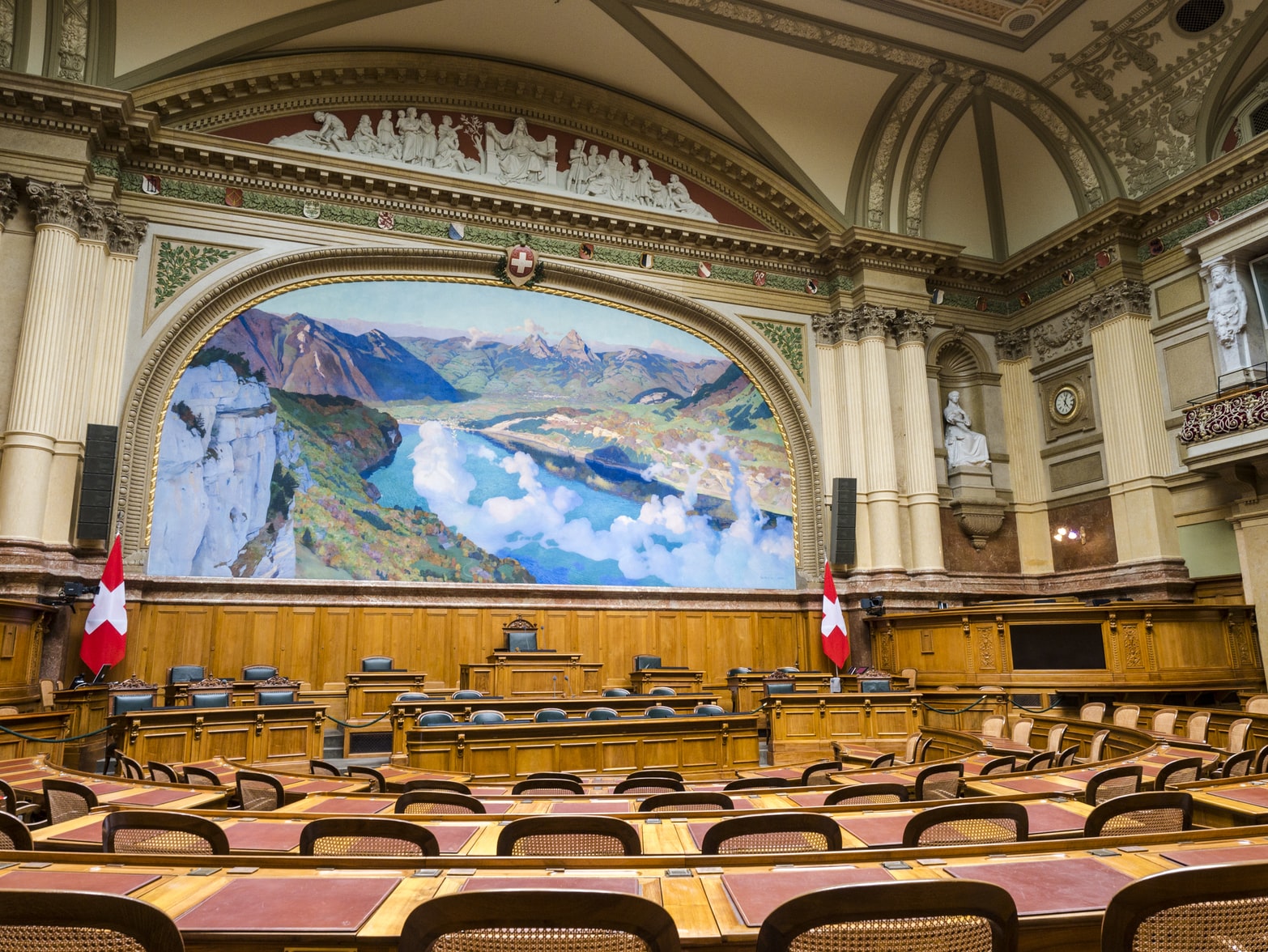Things You Should Know About Switzerland's Federal Courts
Get to know the judiciary branch and federal courts of Switzerland.
Author:Paolo ReynaMar 04, 202126.6K Shares1.2M Views

The judiciary is the third branch of the powers of state, alongside the legislature and the executive. It is essentially embodied in the Federal Supreme Court, the highest court in Switzerland.
The Highest Court In Switzerland
The Federal Supreme Court is the highest court in Switzerland. It embodies the third branch of the powers of state, the judiciary, alongside the Federal Assembly, which makes the law (the legislature) and the Federal Council, which implements the law (the executive). The Federal Supreme Court, based in Lausanne, comprises two public law divisions, two civil divisions and one criminal division. Its two welfare law divisions are based in Lucerne.
Following the justice reforms in the year 2000, three new federal courts of first instance were created: the Federal Criminal Court, based in Bellinzona; the Federal Administrative Court, based in St. Gallen and the Federal Patent Court, also based in St.Gallen.
The Federal Supreme Court is independent and bound only by the law. Federal court judges are elected by the United Federal Assembly (i.e. joint session of the the National Council and the Council of States).
Separation Of Powers
In order to prevent any concentration or abuse of power, in Switzerland the powers of state are separated between three independent branches:
- the legislature (the power that makes the law),
- the executive (the power that implements the law)
- and the judiciary (the power that adjudicates on the law).
This means that no one can be a member of more than one of the three federal authorities, parliament, the government or the supreme court - at the same time.
Public Deliberations
When the deliberations are made public, the judges discuss the case in open court before reaching their decision by taking a vote. However, in most cases, decisions are taken behind closed doors by exchanging written communications, in what is known in Switzerland as a "circulation procedure". While proceedings at the Federal Supreme Court – with plaintiffs, defendants and lawyers – rarely bear any resemblance to scenes in Hollywood movies, those at the Federal Criminal Court do.

Paolo Reyna
Author
Paolo Reyna is a writer and storyteller with a wide range of interests. He graduated from New York University with a Bachelor of Arts in Journalism and Media Studies.
Paolo enjoys writing about celebrity culture, gaming, visual arts, and events. He has a keen eye for trends in popular culture and an enthusiasm for exploring new ideas. Paolo's writing aims to inform and entertain while providing fresh perspectives on the topics that interest him most.
In his free time, he loves to travel, watch films, read books, and socialize with friends.
Latest Articles
Popular Articles